Five years ago, the young Vietnamese-Belgian photojournalist Virginie Nguyen Hoang left the peaceful hometown of Brussels to document conflicts around the world. She was 25 by then. ‘I can’t imagine myself doing anything else’, she said about her chosen profession that involves being sprayed teargas on and the constant risk of being shot. During her project in Vietnam where Virginie considers her roots, Matca has had the opportunity to chat with her about seeing / photographing tragedy, the change in her worldview since working professionally and how she navigates violent situations as a female photographer.
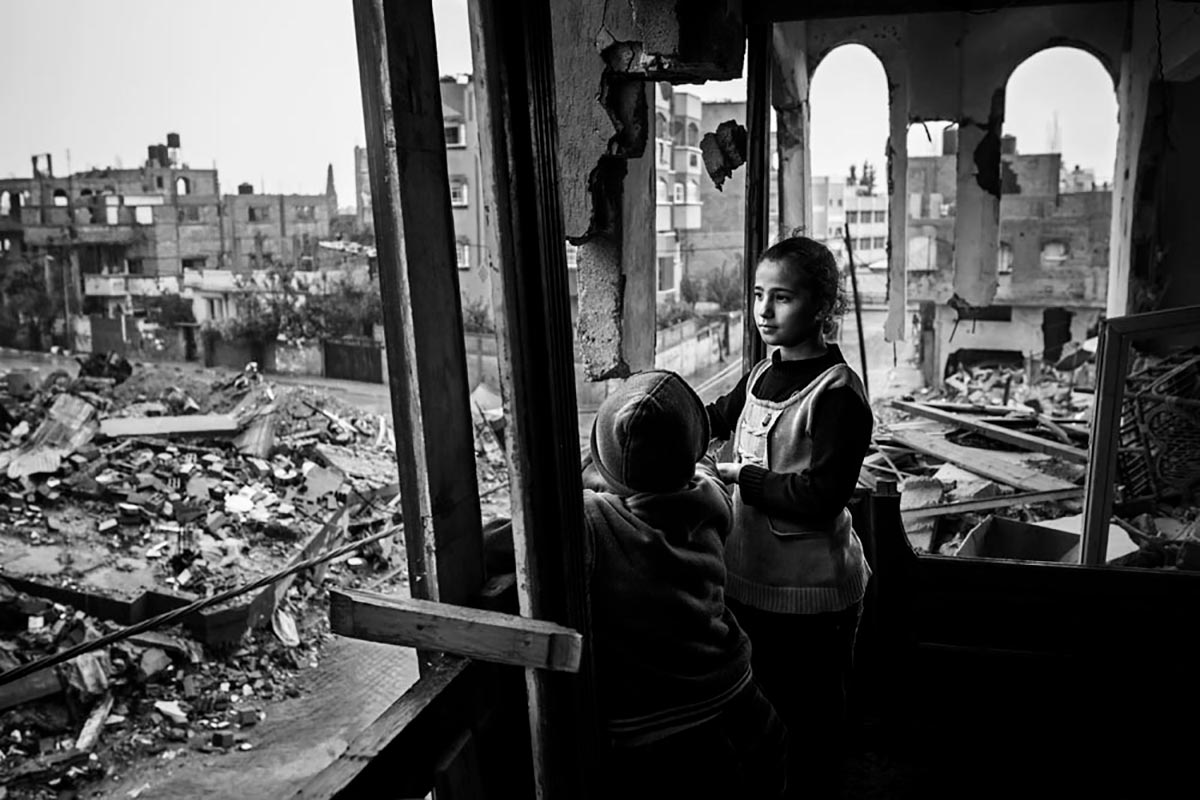
Do you consider yourself a conflict photographer?
I consider myself a photojournalist – a journalist whose medium is photography. I don’t consider myself a photographer as much because I’m not so good with techniques, but I like to tell stories, which is the journalistic side of it. I work a lot in conflict zones but I don’t think of myself just as a war photographer. I am not very often on the front line and mainly work on the consequences of war on the local population which is a social aspect.
I want to tell stories about social exclusion, discrimination, or suffering in conflict zones. Most of the times the stories are not very happy.
Why take images of conflict and suffering?
I do it, first of all, to show people a certain situation. People here mean everybody – the general public and also organizations with the capacity to help. If at least the audience can start seeing and thinking about an event that takes place thousands of miles from their home, it could have an impact on their worldview and decision making process, such as when voting for their government. So for me, if I can get people to think about my stories, it’s already a big step.
The veteran photographer Don McCullin has recently said that he wasted 50 years documenting war. Maybe that’s what he feels inside, but I think if he asks anybody else, they will say no, your photos were really useful because they tell a lot.
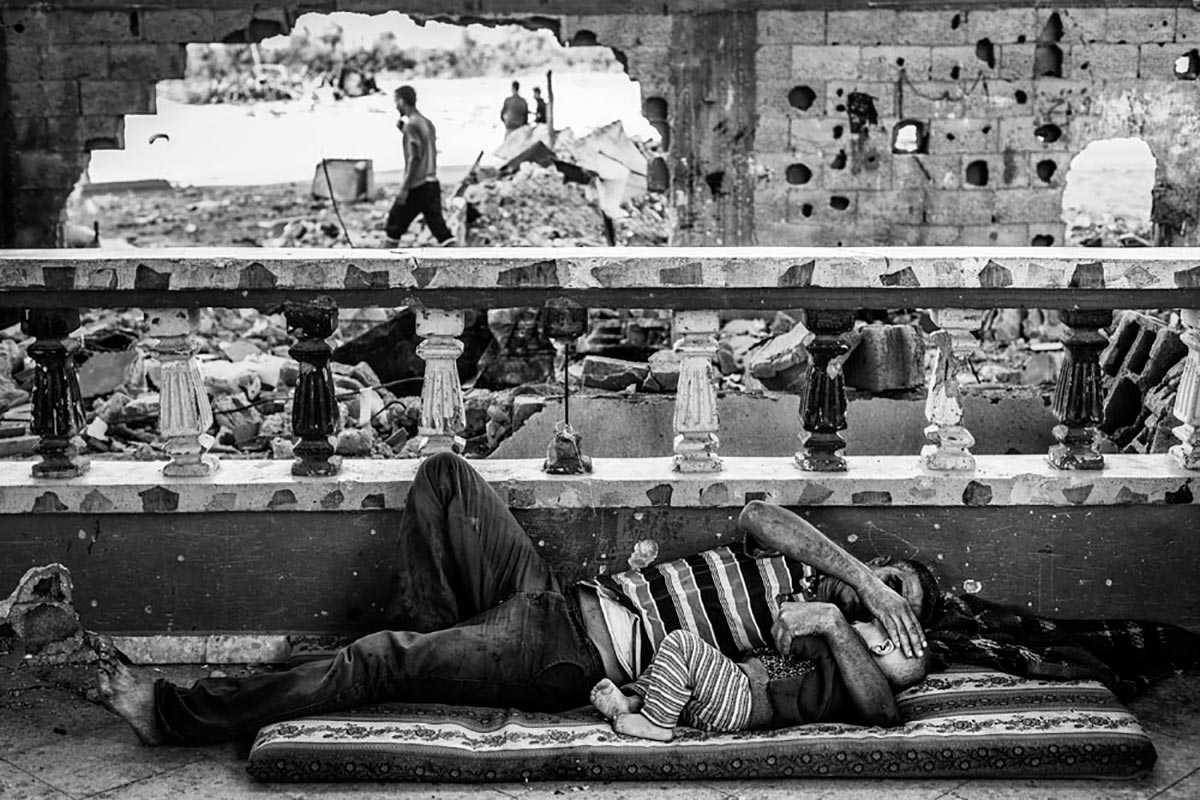
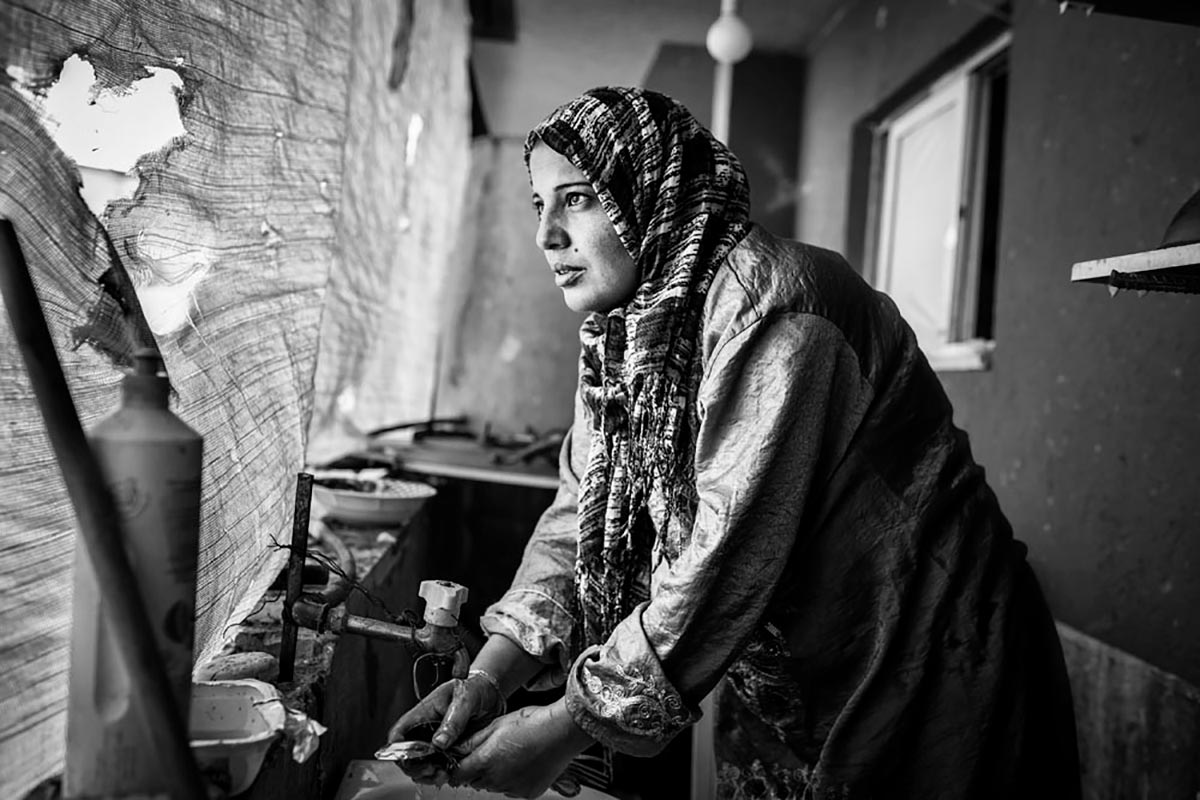
Life in places you have covered is not happy. Can you make beautiful pictures out of that?
There are stories that are sad at first but turn out to be beautiful in the end. One time, I was following a Syrian refugee family in Egypt who wanted to escape because over there the situation was becoming very bad for them. They had tried to ask for visas in many places in Europe to no avail. So they had to take a boat to travel from Egypt to Italy, which is very dangerous especially if you have four small children. But in the end they arrived safely and started a new life in Germany with a refugee status, the father is delighted that his kids are attending school again. All the way it was really difficult but the end is a happy picture. That’s a perfect story when there’s a happy ending.
As said before I don’t focus much on techniques, but I do try to find a certain aesthetic because in the first place photographs have to be able to attract attention. If the light is bad, the composition is common or there’s nothing special in the photo, people won’t remember it. We can reach people by their feelings first, then we can put the picture in their mind.
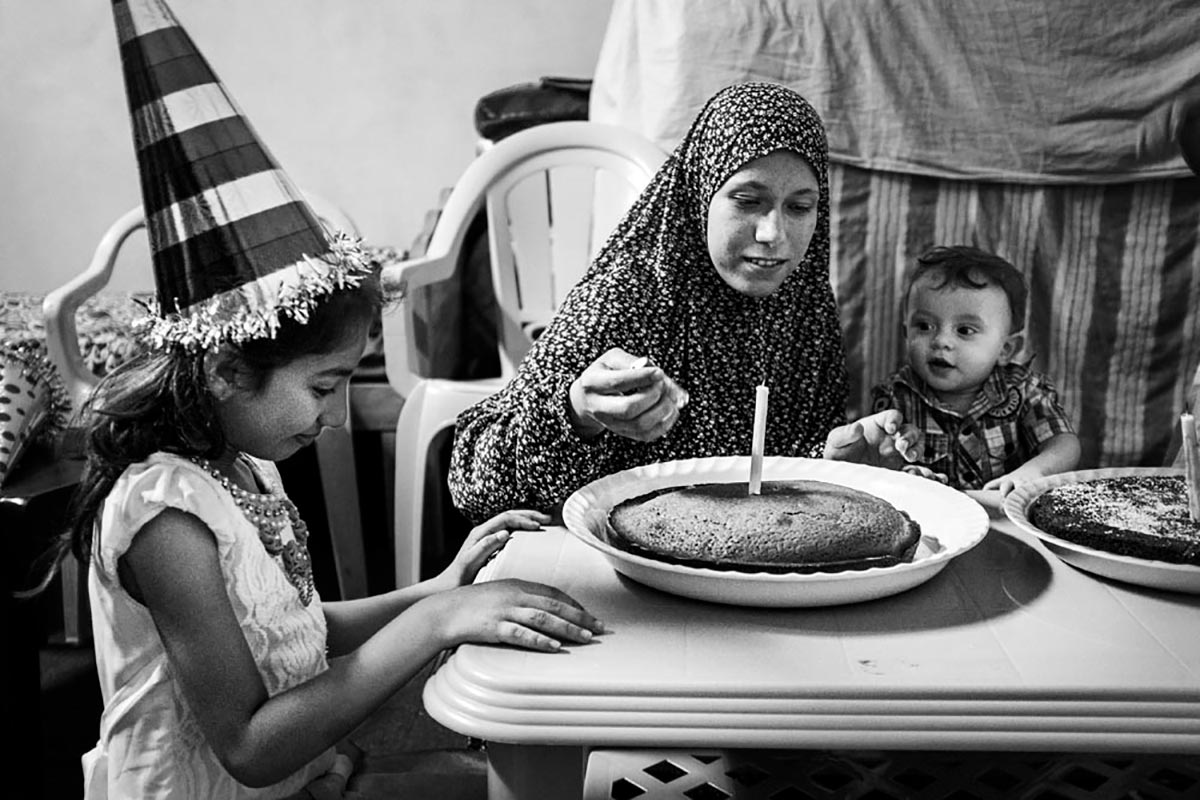
Can you explain your approach when capturing such scenes?
It’s a lot of homework. Which means that I have to prepare as much information as possible in advance. If it’s story about a minority group, I have to know their culture, their traditions, what happens to them historically and right now, by reading a lot of reports and articles. If possible, I also try to have some contact on the field from NGOs. When shooting, I try my best to talk to people and explain what I do to gain a certain level of trust before asking if I could take their pictures, if it’s okay to show their faces.
I understand that within limited time, you try your best to get close to your subjects. But mostly working abroad like this, have you ever felt like an outsider because the language/culture barriers?
Yes, all the time. Even here in Vietnam although I’m half Vietnamese. When I meet people in minority groups, I look like an alien who doesn’t have the same language and culture. But it’s me who has to adapt, not them. It’s going to be uncomfortable at first because I’m not in my environment, and sometimes I feel that people aren’t comfortable to have me either. So you could say it’s a game of trust.
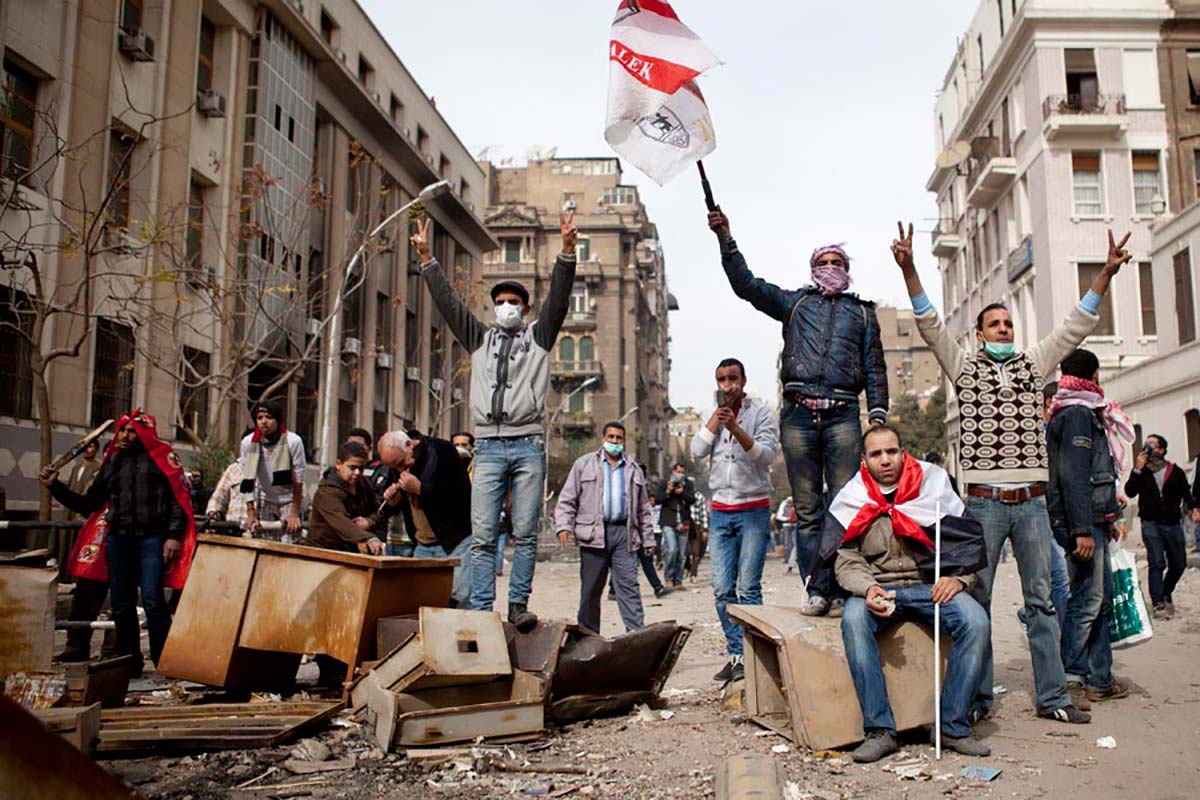
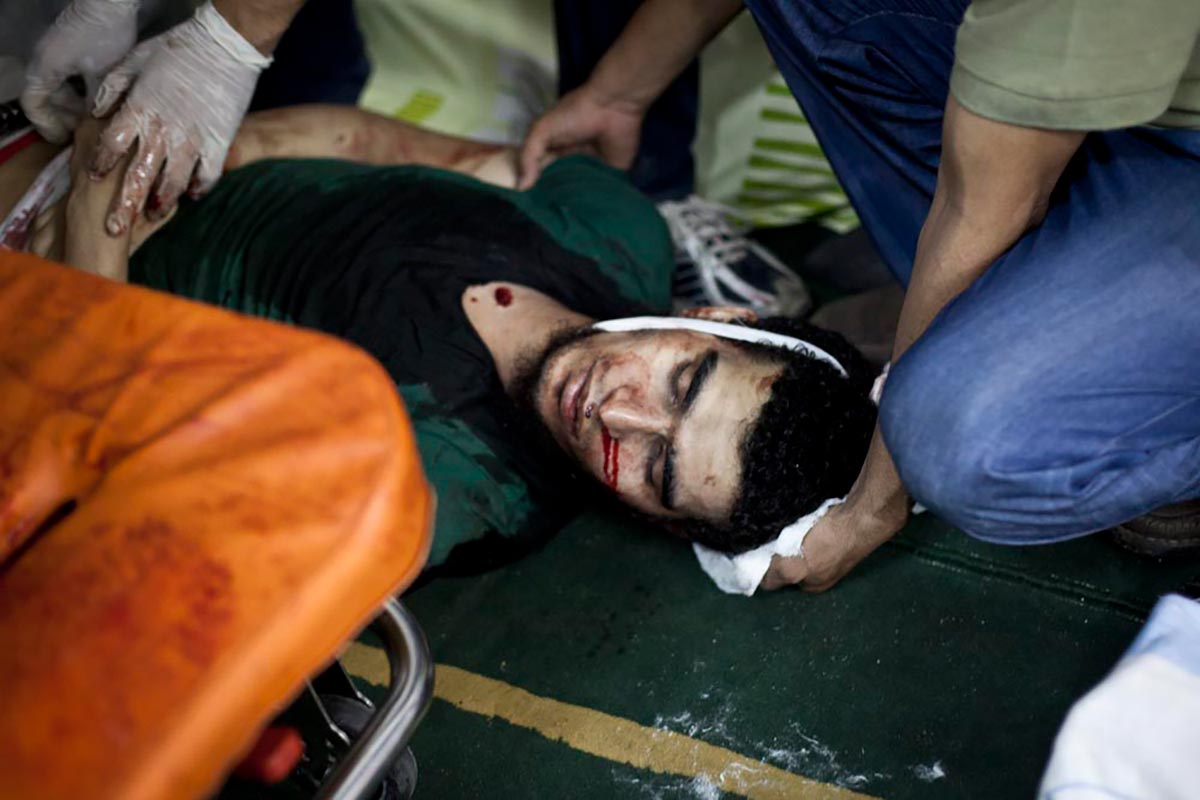
What has changed in the way you see the world ever since?
When I was a student I was an activist for minorities and discriminated groups. I thought that the news and stories could change something but it’s unfortunately not often the case. Now I still want to keep doing it, hoping that giving visibility to these people could create an impact. Before starting to work, I was more in the lalaland. Now having gone to different places, I realize the bad sides in people, but also the most wonderful sides. I can’t imagine doing anything else, even when I know it is very hard to change things.
When going back home in Belgium, I see my friends and family, play soccer and go out. I try to be as normal as I was before. My family and friends often tell me that I don’t share a lot about my work. Maybe it’s just to create some space between the two, I don’t know.
I’m assuming that you have seen death with your own eyes. Can you describe what you feel for the first time and after so many times?
The first time was in Syria. It’s actually the remains of the body – almost a skeleton. I feel disgusted, but when working I’m just working and can’t be like “Oh my God, this is terrible, I have to leave now’. I have to keep going.
I think I will never get used to it even after seeing all kinds of bodies hit by airstrikes or snipers or shot in front of me by the police. In Gaza there were children, which is even more difficult to look at. Still I never hope to get used to it.
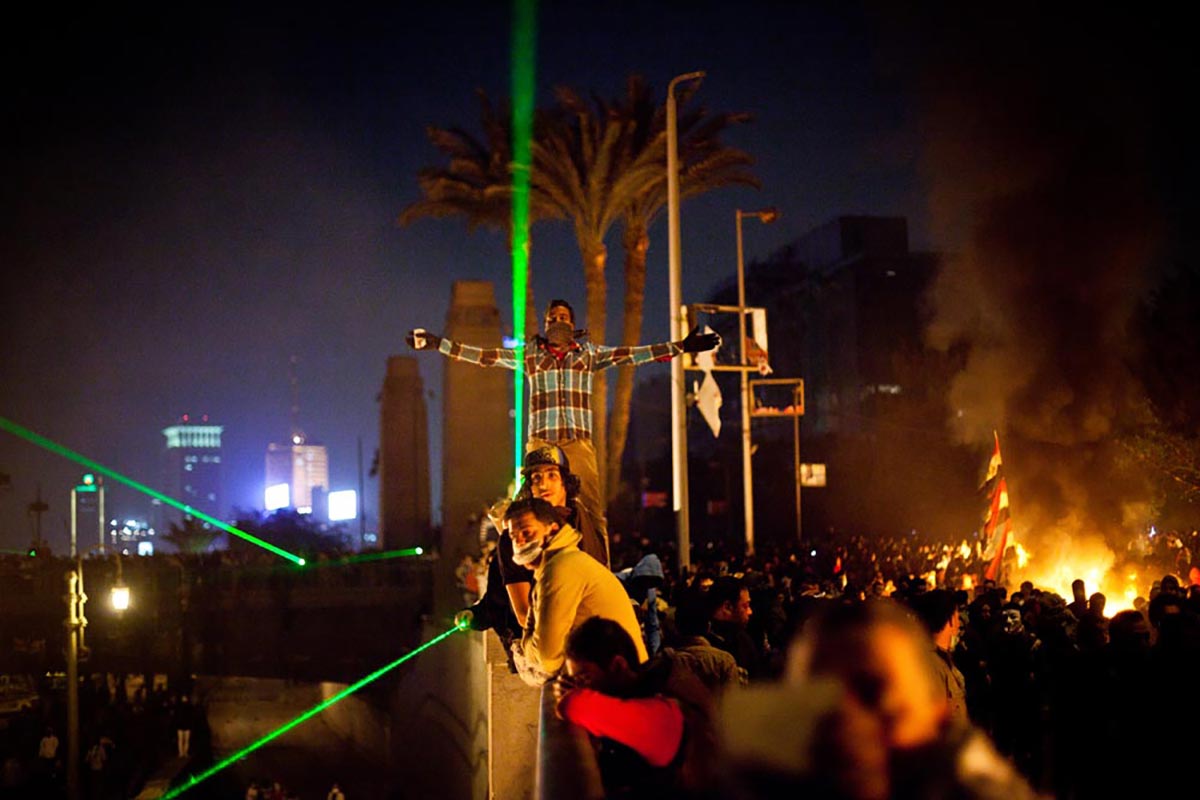
Do you go to the field with the mindset that this might well be your last day?
No of course not! (laugh) I don’t go to work to die! When going to dangerous places like war zone, I have to do everything I can to minimize risks. I have to be well prepared – where to sleep, who to work with, I only work with fixers I know and trust. I also take my protections with me like a first aid kit, helmet and a Flak jacket. When on the field I have to stay very concentrated on what’s happening, by not just seeing but also listening.
There are several times that I have been really scared. One night in Gaza, there were constant airstrikes from the Israeli military, from midnight til five in the morning. The building was shaking so much and the four of us were thinking what if the airstrikes hit our building. I was so scared, but it’s airstrikes so what can you do? It’s not like you can run out to the street.
The last few questions are going to be about your identity. What is easy and difficult to navigate a conflict zone as a woman?
Sometimes it’s easier. In some Arab Muslim countries, it’s easier for me to have access to home of families – I can come inside the house if the men of the family is not there, which is great. Also when I stay with an army, the soldiers will care more about my safety.
As a woman, the question of a bathroom will be difficult! In Egypt, when going out to demonstrations, I feel a lot of sexual harassment. It’s a big problem and a danger for women in general not particularly female photographers. It’s annoying because I have to take care of that while working.
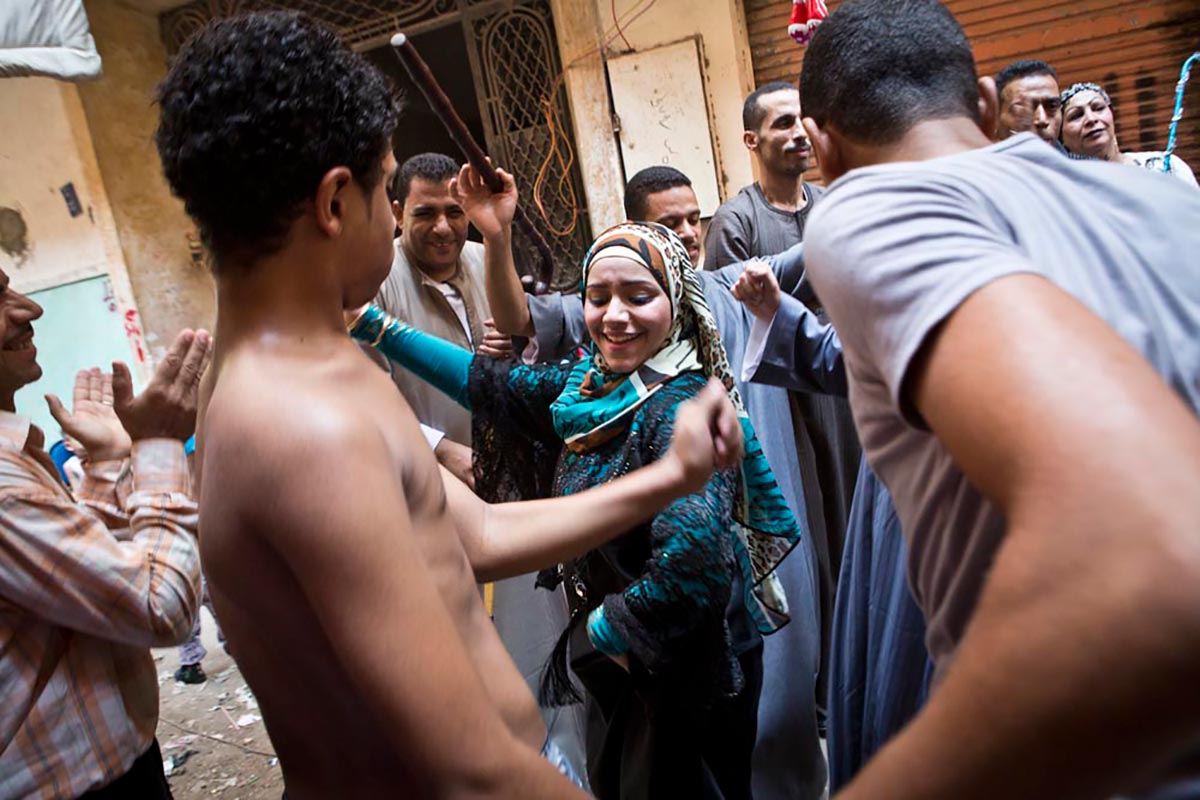
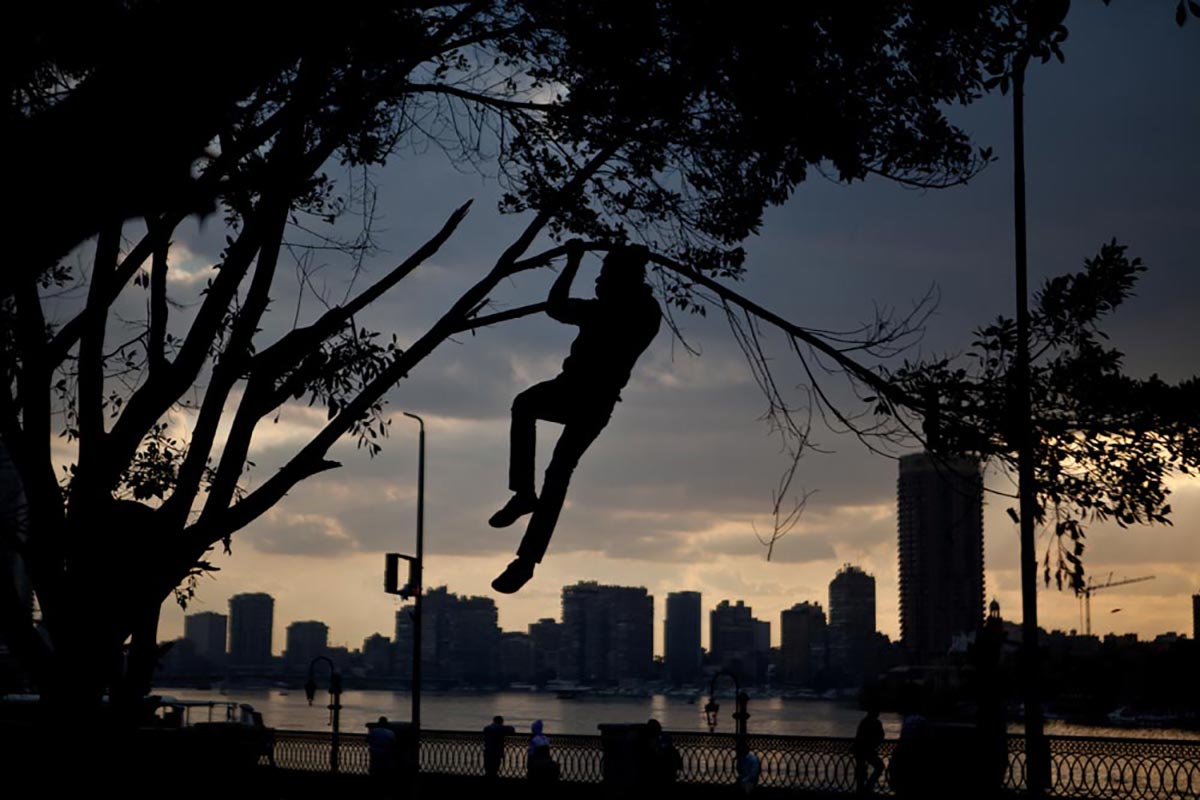
How do you connect to Vietnam?
I’m also working on a long-term project in Vietnam now but for some reason I cannot provide the details. I’m connected to this land firstly because I’m half Vietnamese. Even when I don’t look Vietnamese and don’t speak the language, it’s still my roots and my history. In here or in the Vietnamese community in Belgium, people always ask me the same questions: “Why don’t you speak Vietnamese?” It’s a shame really because I’m part of the culture and want to communicate directly with people here, not through an interpreter. At some point I will take time to learn the language.
Last one – Any advice for emerging photojournalists?
For students, they have to make sure that it’s a passion. Besides the fact that the work is beautiful, we meet a lot of people and go to places…it’s not easy. You don’t make a lot of money, don’t think that you can ever be rich doing this. Go to exhibitions, read a lot of photo books to train your eye. Take pictures of wedding because weddings are very hard! But it’s a very good exercise.
Virginie Nguyen Hoang is a freelance Vietnamese-Belgian photojournalist. After finishing her Master in Photojournalism at Danish School of Media and Journalism, she has been covering many countries including Egypt, Central African Republic, Syria, Lybia, Iraq, Gaza, Turkey, Philippines and Vietnam. Her book titled ‘Gaza The Aftermath’, the result of her long-term project in Gaza, was published in September 2016. Virginie is a member of studio Hans Lucas and co-founder of Collectif Huma.
